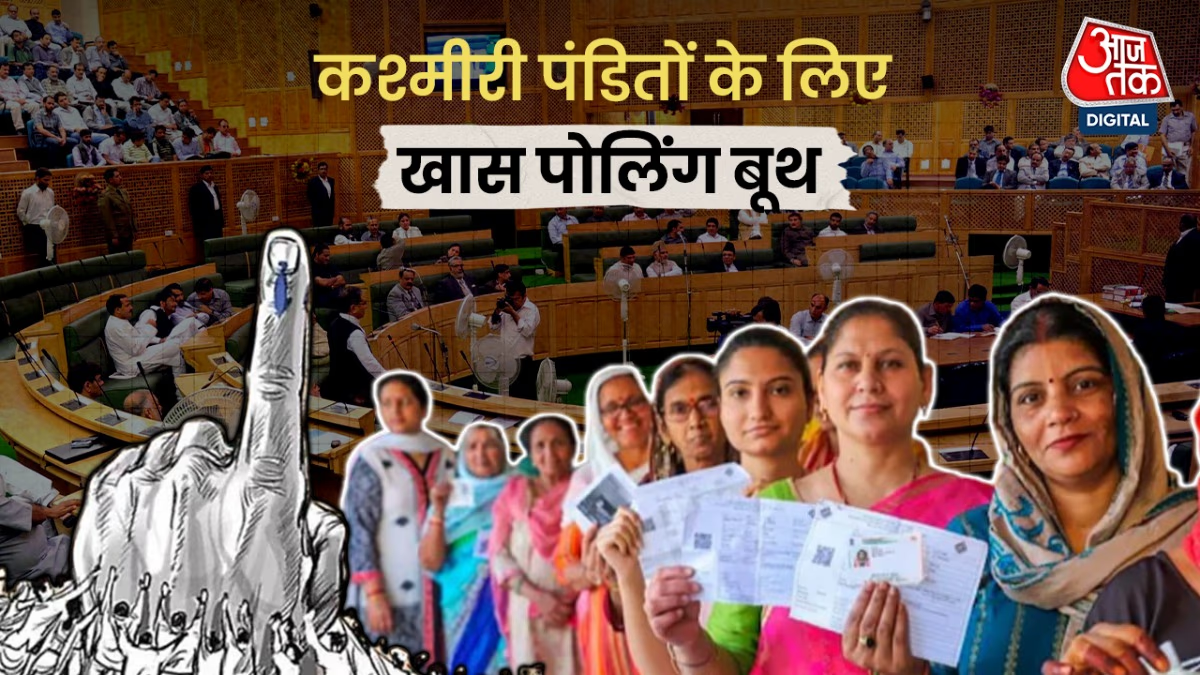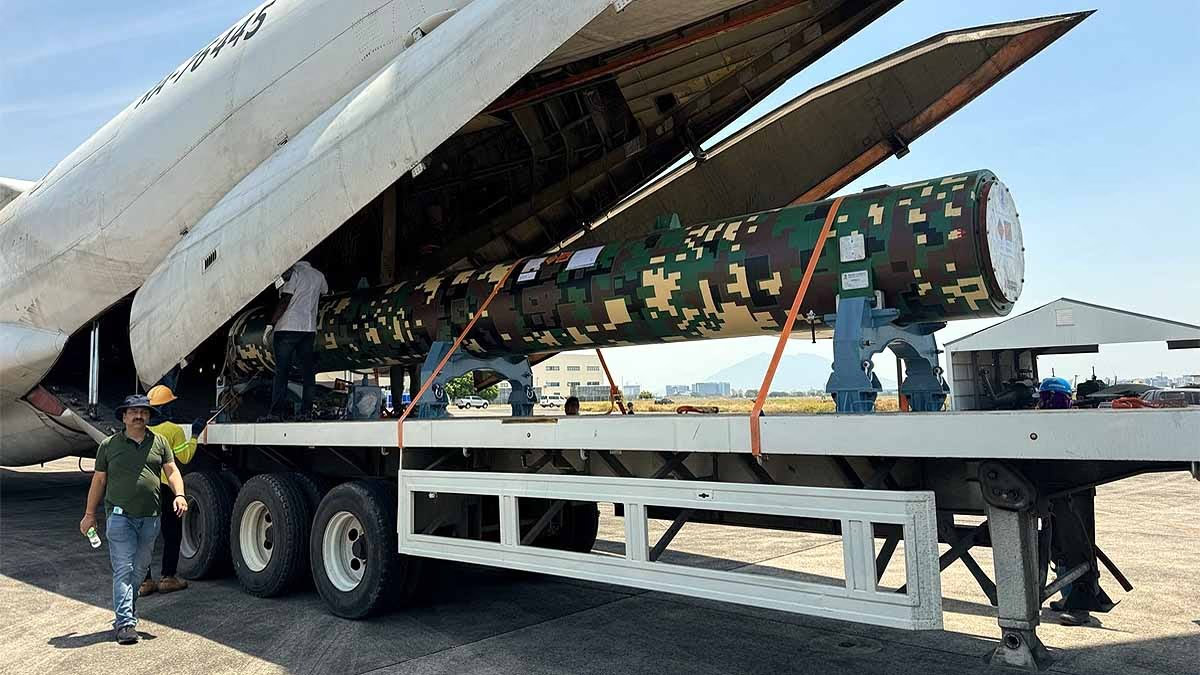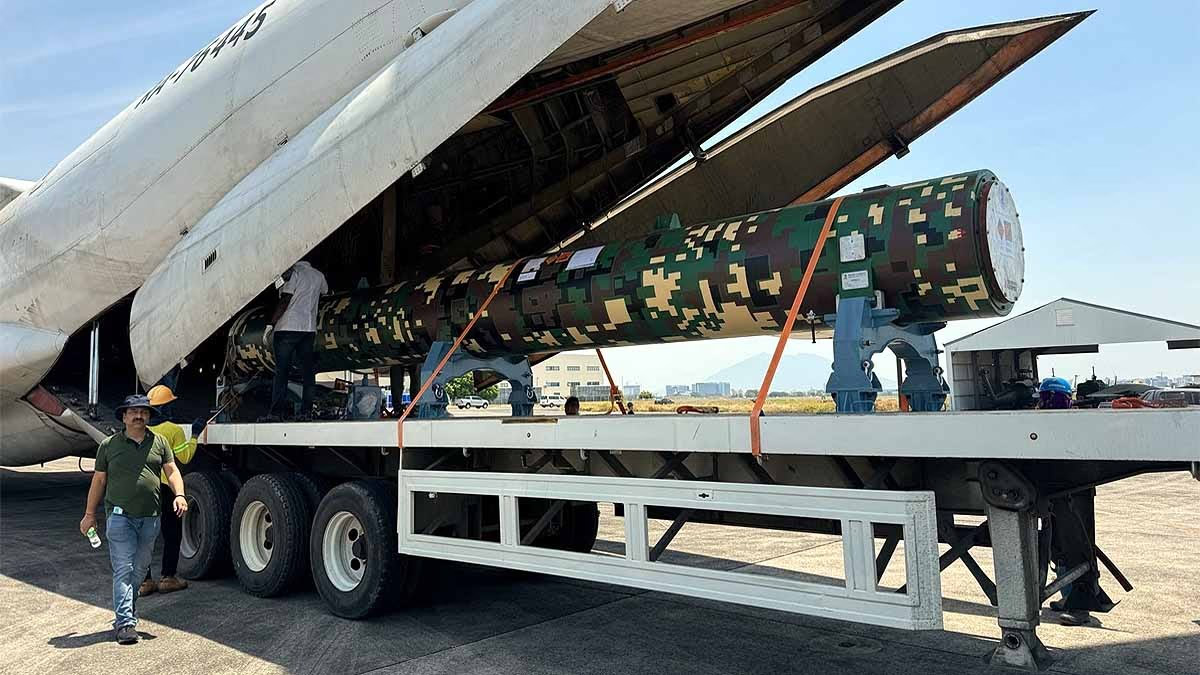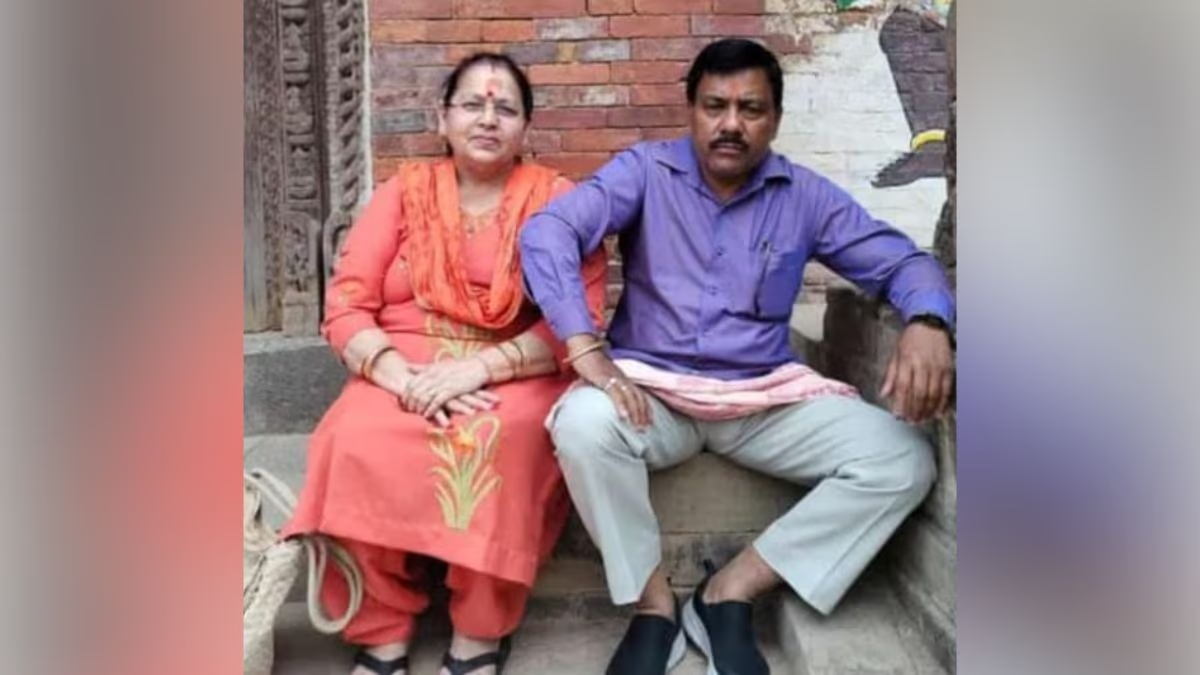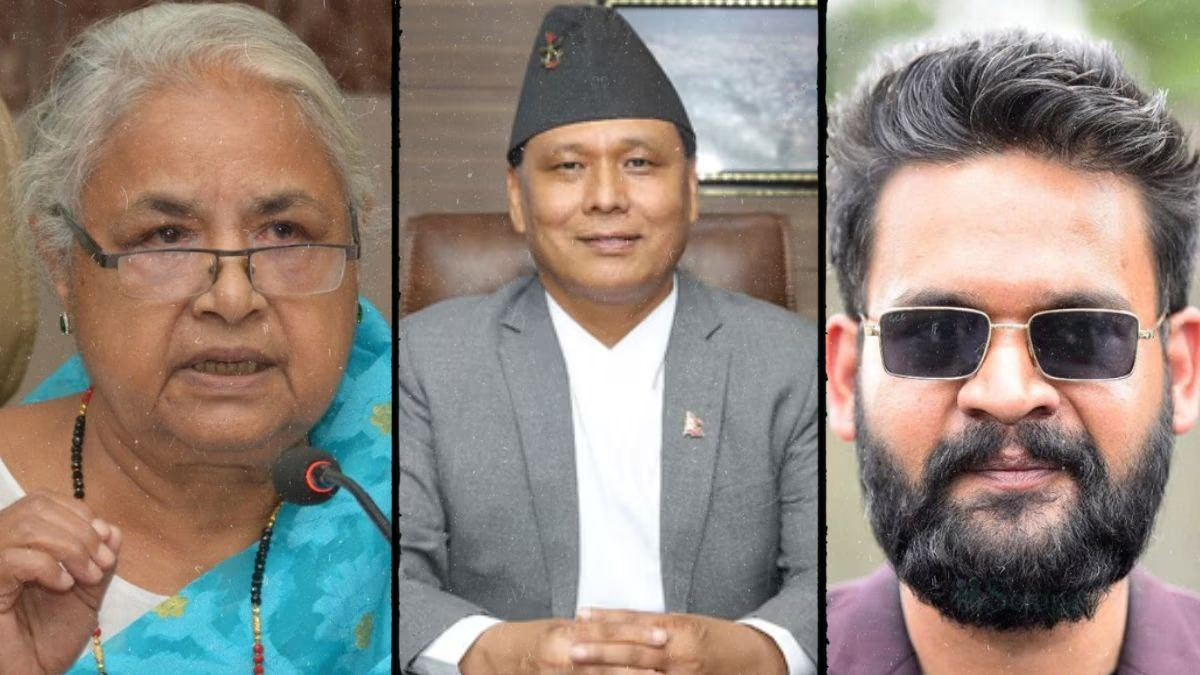After a decade, Assembly elections are set to take place in Jammu and Kashmir. These elections are the first post the abrogation of Article 370 and are significant because the number of Assembly seats has increased, and Ladakh has been separated from Jammu and Kashmir.
In the three-phase Assembly elections in Jammu and Kashmir, there are more than 8.8 million voters. Many of these voters live outside Jammu and Kashmir. The Election Commission facilitates these exiled Kashmiris to vote by setting up polling booths in Delhi.
Chief Electoral Officer of Jammu and Kashmir, PK Pole, mentioned that 24 special polling booths for displaced Kashmiris will be set up in Jammu, Udhampur, and Delhi. Additionally, migrant Kashmiri Pandits residing in Jammu and Udhampur will not be required to fill out Form-M.
Who are Kashmiri Migrants?
A Kashmiri migrant is defined as someone who left the valley or any part of Jammu and Kashmir after November 1, 1989, and is registered with the Relief Commission. This group primarily consists of Kashmiri Pandits. The number of Kashmiri migrant voters is estimated to be around 125,000.
After fleeing the valley, most Kashmiri migrants settled in Jammu, Udhampur, and Delhi. They have been living there since then. To enable these Kashmiri migrants to vote in Lok Sabha and Assembly elections, special polling booths are established in these regions.
This system was introduced in the 1996 Jammu and Kashmir Assembly elections and has been implemented in all subsequent Lok Sabha and Assembly elections for Kashmiri migrants.
This time, the 24 polling booths include 19 in Jammu, 1 in Udhampur, and 4 in Delhi.
Also read: From 83 to 90 seats: Reservation for Kashmiri Pandits and other changes in the Jammu and Kashmir elections after a decade
Exclusive Facility for J-K Migrants
This facility is exclusively for migrants from Jammu and Kashmir. Other migrants in different parts of the country do not have such privileges.
Section 20A of the People's Representation Act, 1951, stipulates that individuals must vote at their designated polling station. You can only vote at the polling booth you are registered at in your Assembly constituency.
This condition prohibits migrants settled in different cities or states from voting unless they return to their home constituency. However, Kashmiri migrants residing in Jammu, Udhampur, and Delhi can vote.
Why Special Arrangements for Kashmiri Pandits?
The 1987 Assembly elections were a turning point for Kashmir. Post these elections, terrorism escalated in the valley.
In 1990, as terrorism surged, Kashmiri Pandits were displaced from their homes. The government informed Parliament two years ago that during this period, 44,684 Kashmiri migrant families, amounting to over 154,000 people, left the valley.
According to the Ministry of Home Affairs, 219 Kashmiri Pandits were killed during this terrorism phase.
This is why special voting arrangements are made for Kashmiri migrants, most of whom now live in Jammu, Udhampur, and Delhi.
Voting Procedure
In this year’s Lok Sabha elections, the requirement for Form-M was waived for Kashmiri migrants in Jammu and Udhampur. In the Assembly elections, too, Kashmiri migrants residing in these areas won’t need to fill Form-M. However, migrants in Delhi will still need to fill it out.
PK Pole, the Chief Electoral Officer of Jammu and Kashmir, stated that the draft electoral roll for Kashmiri migrant voters will be issued soon. Any corrections or updates can be made within seven days. The final electoral roll will be published thereafter.
Once finalized, voter ID cards will be issued to Kashmiri migrant voters, allowing them to vote at special polling booths.
Also read: BJP releases new list for J-K with 15 candidates for the first phase; no changes made
What About Other Migrants?
Currently, special polling booths are only set up for Kashmiri migrants or Kashmiri Pandits. No such provision exists for other migrants.
The Election Commission is working on a remote voting machine to enable migrants living in other cities or states to vote. Last January, the Election Commission proposed remote voting machines. If approved and implemented, migrants will be able to vote from their current location.
This facility could potentially increase voter turnout in elections. A 2011 study by five NGOs revealed that 60% of migrants did not return home to vote because it was too expensive. Most migrants living in different states in India are from economically weaker sections, working as auto-rickshaw drivers or in small jobs. Traveling back home to vote is often financially unfeasible for them.
In the 2019 Lok Sabha elections, voter turnout was 67.4%. According to the Election Commission, over 300 million voters did not vote, with migrants being the largest contributing factor.
When are the Elections in Jammu and Kashmir?
Voting for the 90 Assembly seats in Jammu and Kashmir will occur in three phases. Voting for 24 seats will take place on September 18, 26 seats on September 25, and 40 seats on October 1. The results will be declared on October 4.
The last Assembly elections in Jammu and Kashmir were held in 2014. The PDP won 28 of the 87 seats, BJP 25, National Conference 15, and Congress 12. The BJP and PDP formed a coalition government with Mufti Mohammad Sayeed as Chief Minister.
After Mufti Mohammad Sayeed's demise in January 2016, Governor’s rule was imposed for four months. Later, his daughter Mehbooba Mufti became Chief Minister. However, the coalition didn't last long. On June 19, 2018, the BJP broke the alliance with the PDP, leading to the imposition of President's rule.
Last year, the Supreme Court upheld the decision to abrogate Article 370 and ordered the central government to conduct Assembly elections in Jammu and Kashmir by September 30, 2024.
